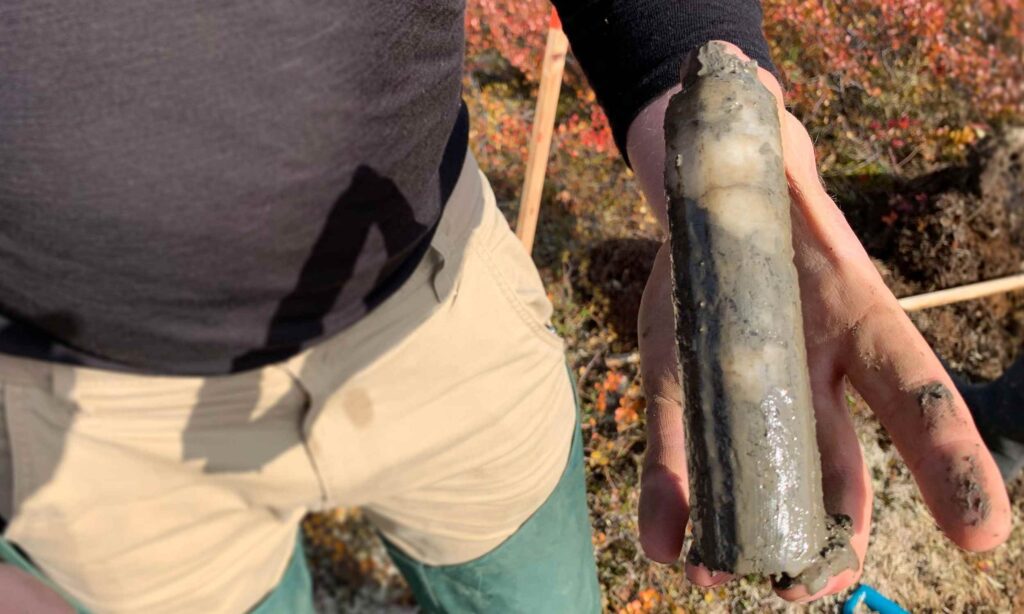The article discusses research on microorganisms trapped in deep permafrost in Alaska, which can reactivate and release carbon dioxide upon thawing. Led by Tristan Caro from Caltech, the study investigates how these dormant microbes, some dormant for 40,000 years, respond to warming. Permafrost holds vast amounts of organic carbon, and thawing can lead to increased greenhouse gas emissions, exacerbating climate change.
Samples were collected from a research tunnel near Fairbanks and incubated in low-oxygen conditions. The researchers used deuterium to track microbial growth, revealing that after a slow initial activation, microorganisms began to reorganize and form biofilms over six months. This microbial resurgence raises concerns about the implications of prolonged warming seasons, as thawing could lead to a feedback loop accelerating climate change.
The study highlights the need for improved modeling and monitoring of microbial activity in thawing permafrost and the importance of distinguishing between ancient and new gas emissions. Overall, it emphasizes the potential risks associated with permafrost thawing amid climate change.
Source link


